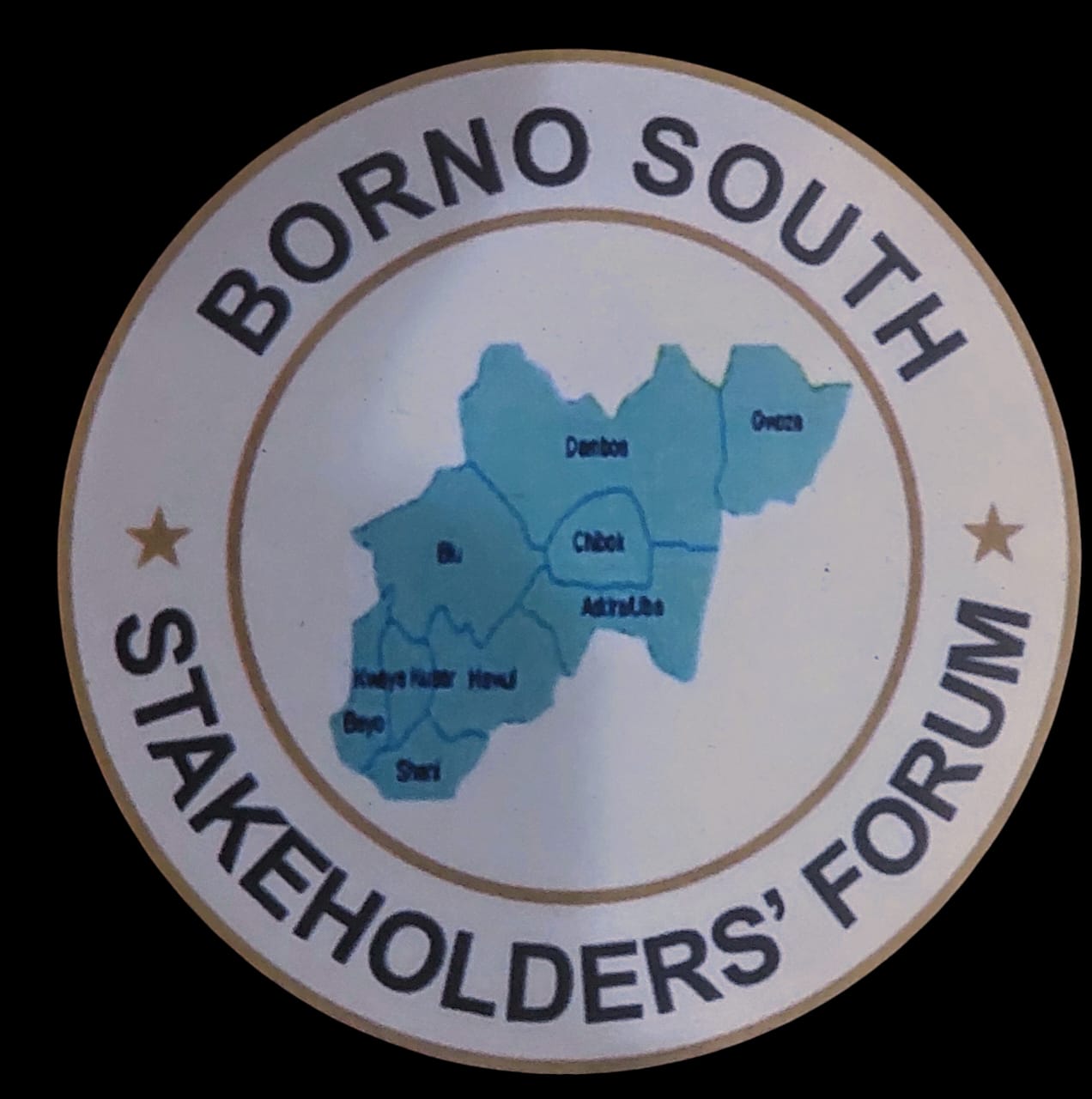In the heart of Northern Nigeria—a region teeming with natural wealth and cultural richness, yet grappling with serious socio-economic challenges—a troubling trend persists. Despite the harsh realities of pervasive poverty, insecurity, banditry, and religious intolerance, many Northerners continue to laud leaders who have significantly contributed to these hardships. This blind loyalty and deep-seated ignorance present a stark reality that demands attention.
The North is emblematic of poverty, with its vast potential consistently undermined by a failure in governance that favors political patronage over genuine public service. Leaders, cloaked in self-serving rhetoric, continue to promise prosperity and security but deliver stagnation and despair. In a jarring display of cognitive dissonance, their constituents—struggling for basic necessities—celebrate these leaders as if they are saviors. This applause reverberates through markets, religious gatherings, and social events, revealing an astonishing disconnect between the lived experiences of the people and the actual performance of their leadership.
The escalation of banditry has transformed once-thriving communities into zones marked by fear and trauma. Yet, some leaders thrive on adulation, seemingly immune to accountability for their failure to protect lives and property. This response transcends mere political quirkiness; it underscores a profound ignorance regarding the root causes of the region’s challenges and an unsettling acceptance of a status quo steeped in human suffering.
Religious bigotry further complicates the situation. Political exploitation of faith has become rampant, fostering divisions that erode social cohesion. Leaders who stoke sectarian divisiveness often receive celebration from their followers. This tragic irony highlights a collective failure to confront the destructive repercussions of such bigotry on community trust and harmony. Instead of scrutinizing the motivations and actions of their leaders, many embrace them as champions of faith, blissfully unaware of the discord and hatred they perpetuate.
Insecurity looms large in a region beleaguered by insurgency. The urgent cries for safety are met with dismissive rhetoric from leaders who evade accountability, trading blame for political gain. This cycle perpetuates a state of vulnerability and despair among citizens. Yet, the applause for these ineffectual leaders continues, reflecting a desperate yearning for hope that sadly blinds many to the truth: those they uplift may very well be part of the problem, not the solution.
This phenomenon isn’t exclusive to Northern Nigeria; similar dynamics can be observed worldwide. However, its impact is particularly tragic here given the region’s vast potential and the collective suffering of its people. The relentless cycle of adoration for ineffective leaders only serves to entrench systemic issues and stifle the voices of those seeking genuine change. It creates an environment where accountability is not demanded, being replaced instead by misplaced loyalty.
In conclusion, the disheartening reality of this spectacle of ignorance calls for urgent reflection and renewal. The people of Northern Nigeria must recognize the glaring contrast between their lived experiences and the narratives spun by their leaders. The applauding crowds, seduced by empty promises and charisma, must awaken to their realities and embrace their responsibility in shaping a future free from poverty, violence, and division. Only through a collective awakening and transformation of consciousness can the North liberate itself from the shackles of ignorance and embrace leadership that genuinely serves its people. The journey may be challenging, but it is a path worth pursuing—a path toward justice, peace, and prosperity.
~ Ishaya Malgwi is the Convener, Borno South Stakeholders Forum.
